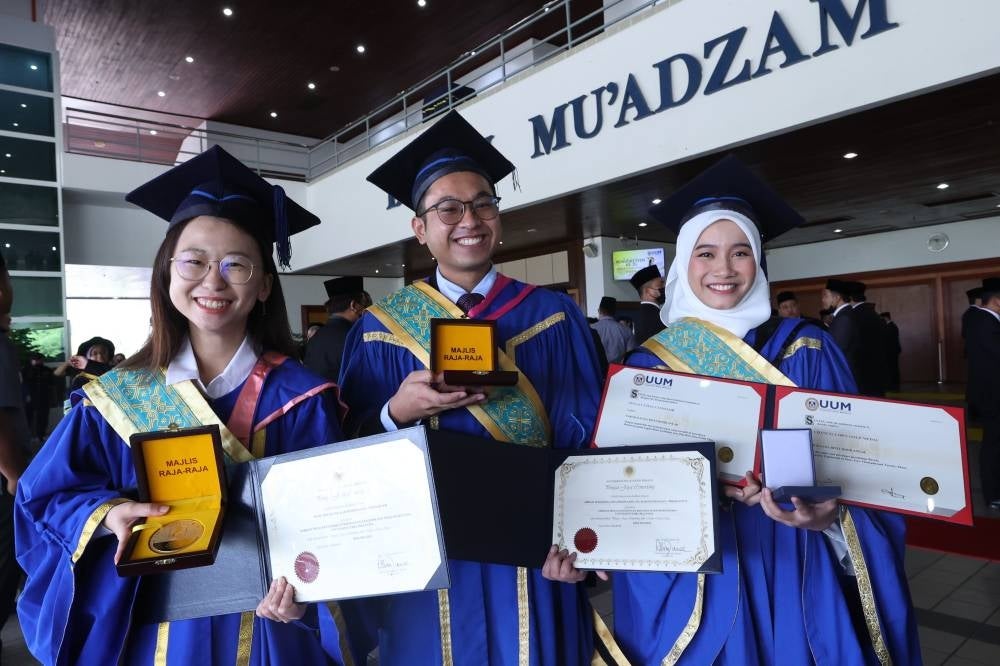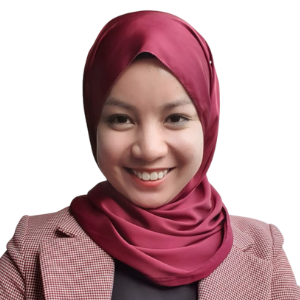Yay or Nay? Learner’s segregation based on social status

Student employability is one of the major challenges in higher education sector. As a key performance indicator in university quality assurance processes, employability rate of students is an issue of concern, locally and worldwide. In recent decades, student quality has become an increasingly hot topic.
In 2021, the number of graduates increased by 4.7 per cent to record 5.61 million people in Malaysia alone. According to statistics published by the Statistics Department Malaysia, the number of graduates in the labour force which encompassed of employed and unemployed rose 4.6 per cent to 4.77 million people.
Explains why newly graduates and future graduates’ main concern revolves around security of employment, especially after approximately 20 plus years of formal education, both money and time spent.
With “no one should be left behind” policy, this might help, right? Indeed. This requires all states and school districts alongside higher learning institutions to ensure all learners are reaching their highest potential. After all, education has the power to change lives.
Ultimately, education is a powerful tool for breaking the cycle of poverty, supporting our survival, growth, and development, hence closing the gap in social inequality. So, is it a yes to social segregation in learning?
Not too fast. Birds of a feather flock together. What say you? Creating a special school for the poorest and most needy? A vision for education in five years? Keeping everyone from the same background in the same bubble?
The positive side is efforts to provide equitable opportunities for all students especially those in kindergarten and primary schools can be done optimally especially when it comes to funding and staffing between schools. Free food, milk and other dietary supplies for a learner’s well-being can be better managed. Spick and span fully-functioning toilets and amenities can be materialised.
A survey also found that a worrying 5.8 per cent Malaysians have never attended or completed school. It is believed that this group of learners who do not go to school consists of individuals from poor families, hardcore rural areas of Peninsular, the Orang Asli community, and in Sabah and Sarawak.
I concur with social segregation in learning but only for basic educational needs from kindergarten (early childhood education) up till lower primary school (at most). Early childhood (between 0-5 years old) is an ideal time to absorb basic skills. It is proven to help give children a strong basis for social, emotional and cognitive skills for future learning and development. It can be difficult for children with younger siblings to attend school if they are responsible for other essentials like taking care of their younger brothers and sisters.
However, based on experience and observation, after having had the opportunity to teach numerous age levels from different social statuses, those from the lowest B40 group tend to have numerous responsibilities and life or death circumstances which may slow their ability to cope or be motivated in studying in the first place. That being the case, their confidence and performance level will eventually suffer if they do not mix with different peers. Students are often segregated within the same schools itself, not just by being sent to different ones.
Students from wealthier households are more likely than their less-well-off peers to have higher academic achievement as measured by test scores and to attend ‘elite’ institutions perhaps due to attending extra classes and having other beneficiaries.
Additionally, most experienced educators are responsible for teaching wealthier group of students too and the B40 group will be left with an intern, or newly appointed educators. Good ones, lucky them! Not so good, mission failed!
Therefore, if quality democratisation of education is the goal, a better way is to mix them all together regardless of their background later especially in upper primary school, implementing policies that promote equity and inclusion, addressing systemic barriers that prevent certain groups from accessing education. This is crucial to prepare them for future employment.
I, for one do not believe in equality. It is equity that matters. Segregating socioeconomic classes leads to an unequal redistribution of wealth. And no, I am not into communism either.
Employers may view such mass-produced graduates unfavourably, perceiving them as lacking the required types and levels of skills, thereby limiting their employability to lower-skilled positions especially those from the lower income group. Learners tend to compare among themselves and different institutions. So does opportunities and employers or hirers out there.
Job guarantee and security? Do you think a graduate from a lower income group will be able to secure as much pay as the one from a higher income group or even grab a competitive spot (if they were to be of equals)? I wish. I strongly urge employees to hire based on ability, credibility and how far one has achieved rather than one’s background.
Fellow readers, a reminder to both you and I: getting an education itself does not guarantee us a job. Irrespective of social status, mindsets must be shifted towards a more independent and curious being to learn and advance. Learn from people of different backgrounds; age, status, race, gender, ethnicity and religion so that you can adapt better and be filled with compassion.
Learning from various sources promotes critical thinking. It does not mean you have to follow them blindly!
SYAZUIN SAZALI is a Subject Matter Expert in soft skills. She aims to continuously advocate for progressive growth in education. Linkedin & Instagram: @syazuinsazali, Email: syazuinsazali@gmail.com
The views expressed in this article are the author's own and do not necessarily reflect those of Sinar Daily.
Download Sinar Daily application.Click Here!















